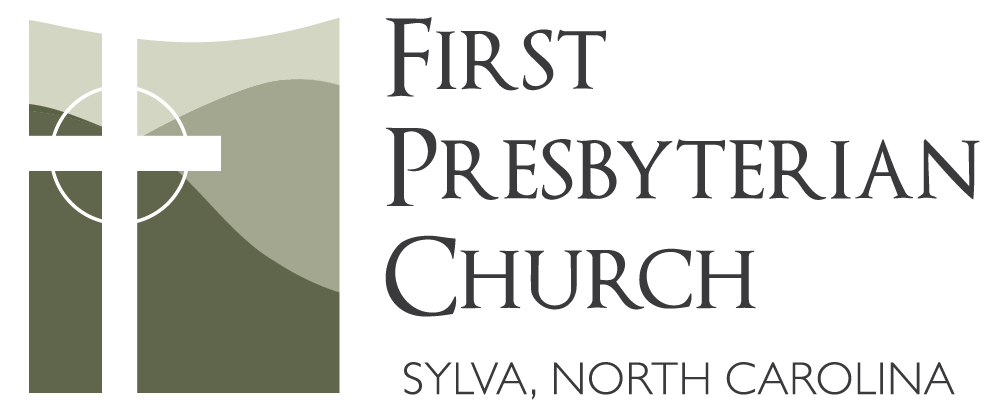I don’t often agree with the sign in front of the meditation center on 107 (no offense to them!), but the message this past week was spot-on. What did it say? “Breathe. We’re going to get through this.”
“This,” of course, is the coronavirus and the various ways it is affecting our community, country, and world. Within a matter of weeks, what we thought was a far-off problem has become strikingly close and personal. The number of infections and deaths related to the virus continues to rise. Schools, businesses, parks, and – yes – worship services and other church events – are closed or canceled for the foreseeable future. We have taken up the strange but important practices of social distancing and self-isolation and are examining our values and reprioritizing our lives like never before.
In the face of such change and confusion, what do we do? We breathe. Breathing keeps us alive. Breathing slows us down. Breathing reminds us to stop and to think and, most importantly, to pray: We’re going to get through this… by the grace of God.
My friend Nick is a pastor down east in Calypso, NC. In a recent conversation, Nick reminded me of the importance of perspective and the need to take the long view – and he’s exactly right. While the contours of the coronavirus and our present cultural moment might be unique, the overarching challenge facing us is nothing new. People throughout the ages have always faced struggles and they have always asked the same kinds of questions: What hope do we have? What peace can we find? In light of our circumstances, how then shall we live?
Indeed, we see these questions in the writings of Dietrich Bonhoeffer and C.S. Lewis, who wrote many of their now-classic works during World War II. We see them in the writings of Martin Luther and John Calvin, both of whom led the church during plague and famine in the 1500s. We see them in Saint Augustine, who cared for others during the fall of the Roman Empire in the 5th century. And we certainly see these questions in the pages of Scripture, the lives of the apostles, and the people of Israel. Where do we find hope, peace, guidance, direction when the world is turned upside down?
Jesus is the answer. “He is the same yesterday, today, and forever,” Hebrews tells us. “He is before all things,” Colossians says, “and in him all things hold together.” He is “the alpha and the omega, the beginning and the end” (Revelation 1) and nothing, absolutely nothing, can separate us from him and the love of God that he reveals (Romans 8).
Jesus is the answer. And perhaps for many of us, he has been the pat answer, the Sunday School answer, the answer we go to when we’re feeling spiritual on a sunny day. But now, in the darkness, we get to discover what that really means. We get to trust his Spirit not beyond the wilderness but in the wilderness. We get to learn what difference the gospel actually makes.
Of course, this doesn’t mean we don’t take our present circumstances seriously. Hopefully you know this by now. We heed the call to healthy practices and responsible living because people and viruses and other dangers still loom, and our fragile bodies remain subject to sickness and sadness and death. But we know this does not have the final word. This is not the end of the story. The hope of Easter is the hope for all of us: Jesus is with us. Out of the darkness of death, he lives again as the light of life. And because he lives, we will too.
So, breathe. And as you breathe, think. And as you think, pray. We’ll get through this, one day at a time – all by the grace of God.
Yours, Blake


